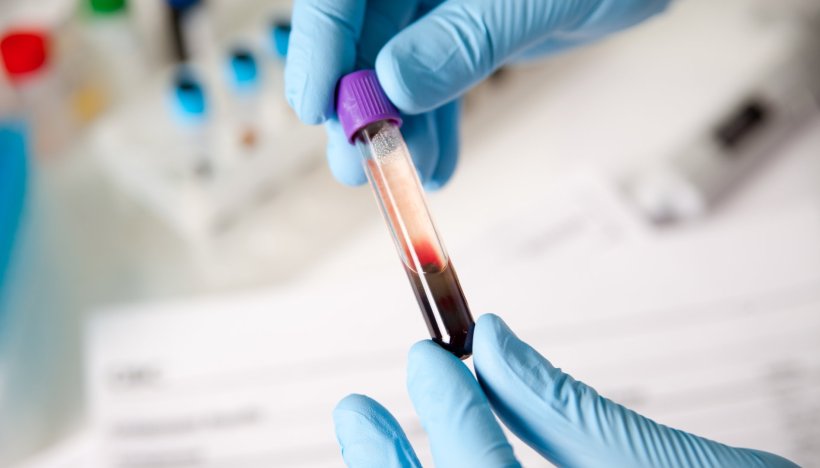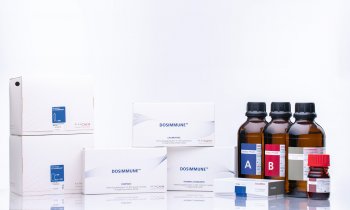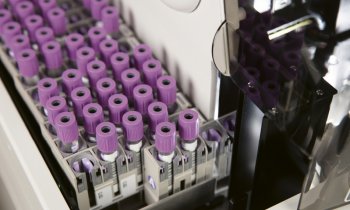
Image source: Adobe Stock/Анна Ковальчук
News • Detecting dopamine deficiency in the brain
A new biomarker to identify Parkinson's and related diseases
Could a single biomarker detect all types of diseases related to dopamine deficiency in the brain? According to a Swedish research group, such a marker may have just been found.
"We have observed that an enzyme in cerebrospinal fluid and in blood is a useful marker for identifying all types of Parkinson's-related diseases with high accuracy," says Oskar Hansson, a professor of neurology at Lund University and a consultant at Skåne University Hospital who led the study published in Nature Aging.
The marker in question is called DOPA decarboxylase (DCC). In the current study, DCC was found to be elevated in individuals with Parkinson's disease as well as in people with other diseases that result in dopamine deficiency in the brain. However, the marker was normal in other brain diseases such as Alzheimer's disease. The researchers even noticed that DCC was elevated in individuals with Parkinson's many years before they developed any symptoms. ”We have used advanced techniques that allow us to measure thousands of proteins simultaneously in a small amount of sample. We conducted this in 428 individuals to identify biomarkers that can indicate whether a patient with motor disturbances or cognitive difficulties has damage to the dopamine system in the brain. We found that if a patient has a disorder in the dopamine system, the levels of the biomarker DDC increase, regardless of where they are in the course of the disease. An important discovery is that this biomarker can be measured in blood, where it is significantly increased, especially in Parkinson's disease," says Hansson.
Since the symptoms of various neurodegenerative brain diseases resemble each other, there is a significant risk of misdiagnosis and thus improper treatment. Therefore, it is crucial to find safer diagnostic tools and methods
Oskar Hansson
The researchers' findings were verified in an additional group of 152 individuals. Furthermore, they demonstrated that the new biomarker is also significantly increased in blood by analyzing blood plasma samples from 174 individuals. Damage to the dopamine system in the brain can also be detected through PET camera examinations. However, this is a very costly and complicated method that is only available at specialized memory clinics.
”Since the symptoms of various neurodegenerative brain diseases resemble each other, there is a significant risk of misdiagnosis and thus improper treatment. Therefore, it is crucial to find safer diagnostic tools and methods, and we are focusing on that in our research. Moreover, I believe that in the future, different brain diseases will be treated even before the symptoms become apparent, and blood markers will be essential in identifying the right individuals in a simple and cost-effective manner."
Source: Lund University
23.09.2023











